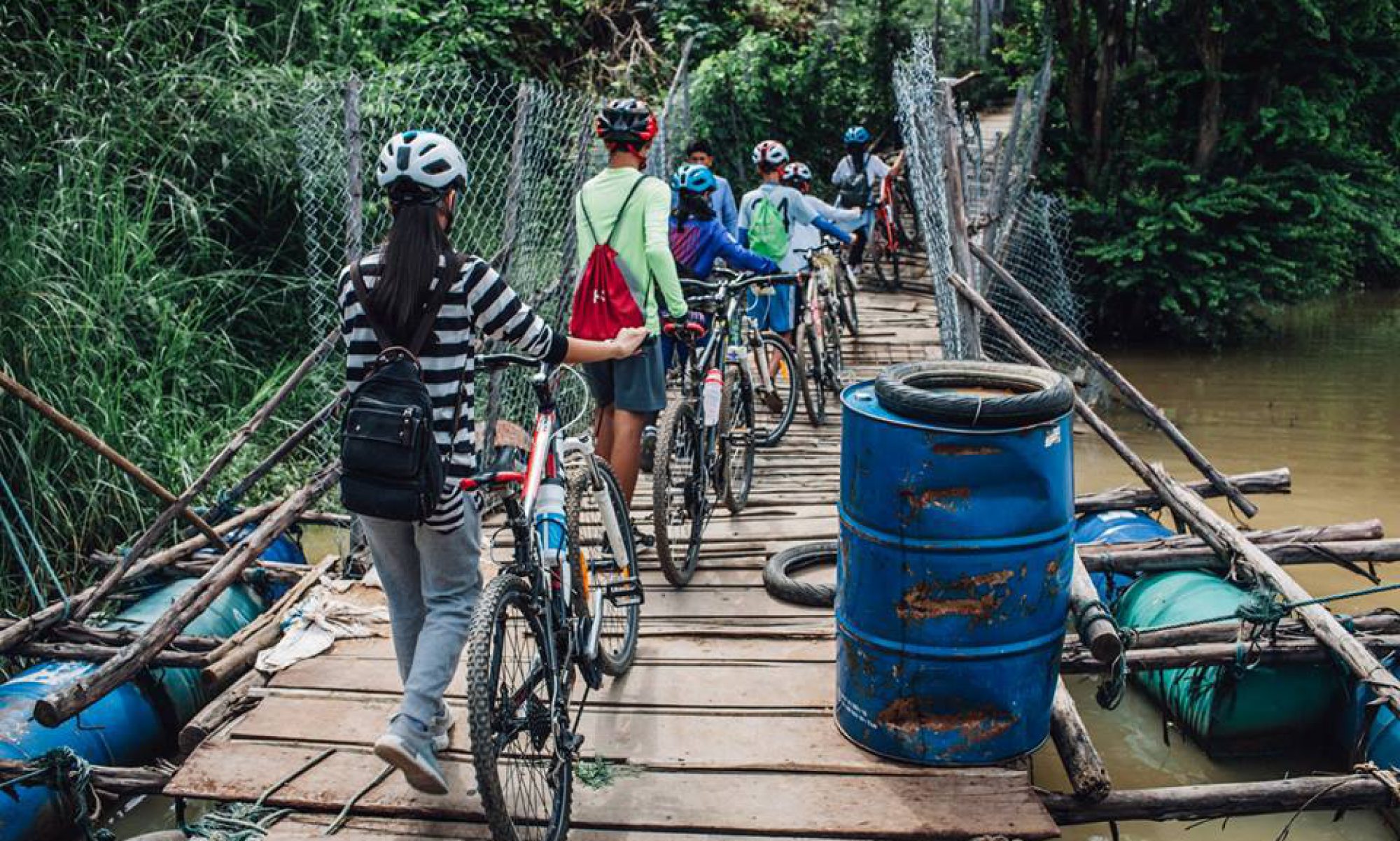Exploration Name: Community English
Exploration Dates: August 12th-September 16th
Number of Students: 12
Essential Questions: Is there a best way to teach and learn?
How does knowing English effect change?
Description: Our first opening Exploration was Community English. In Community English we learned how to prepare and teach lessons to other people. But before we taught we needed to find the people who want to learn with us. To find the students we went into the community. After we knew clearly who wanted to come and learn at Liger, we gave the permission to their parents. So all of their parents can trust us. Then they let their child come and learn at Liger.
After we knew exactly who would come to learn, we prepared the lesson for them. When we went to the community to find them we also asked them what do they want to learn and that’s how we can prepare the lesson. When we finished planning the lesson we practiced before teaching students. We practiced with each other in our class. Even if we practiced with each other it does not mean that we are expert or good at it. So we had a trip to two schools. The schools are Northbridge and ICAN. At ICAN we met with one woman named Kate. Kate and Jessica prepared the schedule for us and some ICAN students to tour us around. We went there because we wanted to get experiences from the teachers at their school. Two to three days after that we went to Northbridge. At the end of the Exploration we asked some of the students how they felt and what did they think about our teaching (if its good or not). We gave them the lessons for free.
